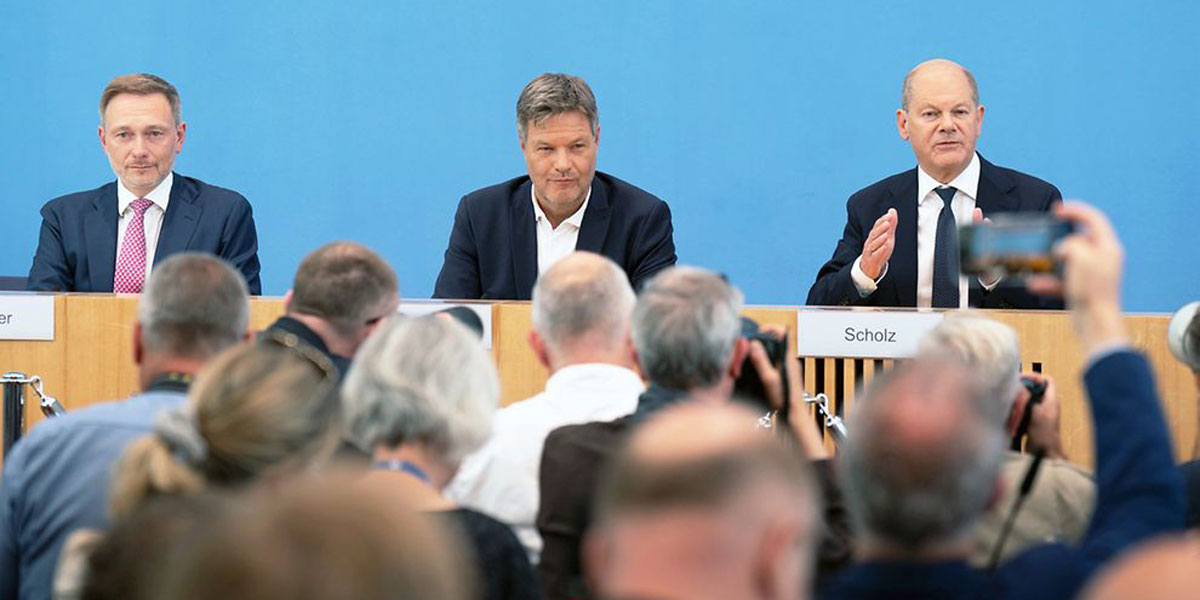The German government reached an agreement on the 2025 budget, a supplementary budget for 2024, and a growth initiative to support the economy on 5 July 2024. The initiative includes several tax measures.
“With this budget, we are creating security and stability in times characterized by unrest and uncertainty,” said Federal Chancellor Olaf Scholz on Friday at the conclusion of discussions with Federal Minister of Economics Robert Habeck and Federal Minister of Finance Christian Lindner.
The declining balance depreciation for moveable assets will be extended until 2028, with the maximum depreciation rate increasing from 20% to 25%. The maximum amount for optional pool depreciation for movable assets will rise from EUR 1,000 to EUR 5,000. The maximum annual amount of qualifying expenses for the R&D tax allowance will increase from EUR 10 million to EUR 12 million, resulting in an increase in the maximum allowance to EUR 3 million per year, or EUR 4.2 million for SMEs.
Personal income tax brackets and allowances will be adjusted in 2025 and 2026 to avoid the effects of cold progression (inflation). Special depreciation for newly registered all-electric and comparable zero-emission vehicles will be introduced, retroactive from 1 July 2024 to 31 December 2028.
New tax incentives will be introduced to attract foreign skilled workers, including an exemption of 30%, 20%, and 10% of gross salary from tax per year in the first three years for newly immigrated skilled workers. The ban on the deduction of the bank levy will be abolished. The electricity tax for the manufacturing industry will be permanently reduced to the EU minimum of 0.50 euros/MWh (0.05 ct/kWh).
“Economy, climate, children: that is the triad that sums up the package. With these decisions, we are securing a successful climate policy. We are strengthening the children in our country and ensuring new economic dynamism,” said Habeck.
The budget and growth initiative will be formally adopted by the Federal Cabinet on 17 July, 2024.














